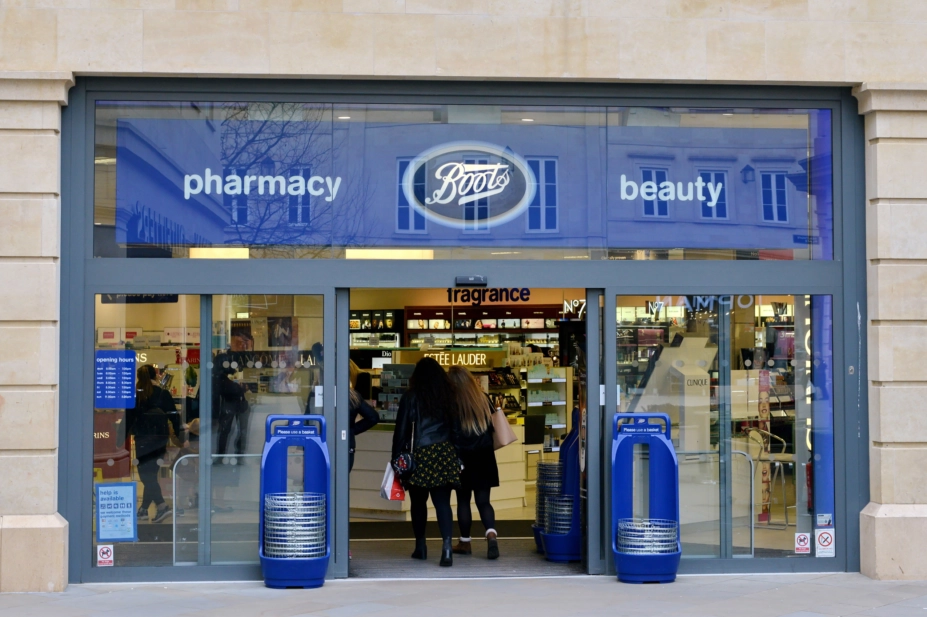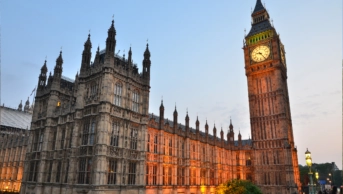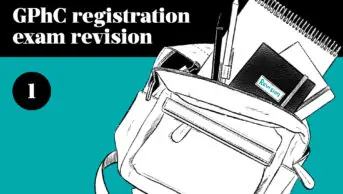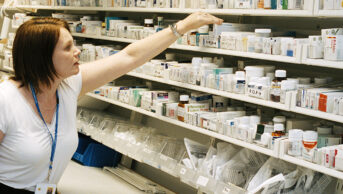
Shutterstock.com
The government has called on regulators to investigate Boots after claims it has “overcharged” the NHS for some unlicensed medicines.
The Department of Health and Social Care has asked the Competition and Markets Authority (CMA) to consider reviewing the case after the prices charged by Boots for some specials medicines made by the company were reported in The Times.
Health Minister Steve Brine said: “The British public will take an extremely dim view of any company found to be exploiting our NHS and patients, and we have asked the CMA to consider investigating as a priority.
“We have changed the law to enable us to place pharmacies and manufacturers under much stronger scrutiny. Where there is evidence of collusion between pharmacies and suppliers, swift action will be taken to claw back funds and penalise offenders.”
A spokesperson for the CMA confirmed a complaint had been made and was under consideration.
According to figures reported in The Times, Boots billed the NHS for between £1,843 and £3,220 for a mouthwash used to treat severe sores caused by cancer treatment, even though the equivalent quantity had been bought by other pharmacists for £93.42. The mouthwash was ordered from Alliance Healthcare – owned by the same parent company.
It was one of several examples set out by The Times in which it claims the NHS has “overpaid” for specials medicines, including sleeping pills, painkillers and ulcer medicines. When contacted by The Pharmaceutical Journal, Walgreens Boots Alliance did not dispute the figures from The Times’ investigation but a spokesperson firmly rejected any accusations that they had overcharged the NHS.
“Our senior company leaders have already recently met with officials from the Department of Health to discuss the specials products,” said the spokesperson.
“We would welcome any further conversations with relevant authorities and stakeholders on this matter, including with the CMA.”
They added that specials were made by highly trained technicians in dedicated laboratories in the UK that source ingredients, produce and quality-check often on the same day, and as a single item. “This process incurs high overheads, reflected in the final cost, which is set in line with the sector to reflect the bespoke nature of the products.”
More than 75,000 different formulations of specials are prescribed each year and they are estimated to make up around 1% of all prescriptions.
You may also be interested in

Pharmacy negotiators say centralised system for specials procurement could ‘drive down quality’

Preparing for the GPhC registration exam: six steps to help you effectively plan your revision
